Israel’s audacious strike against the leaders of the Hamas terrorist organization in Qatar exemplifies the Jewish state’s new security doctrine – one of boldness and risk-readiness. The Hamas massacre on October 7, 2023, was a watershed moment that reset security calculations in Israel in a significant way. The results are Iran’s proxy network defanged, and a Tehran shaken after its own 12-Day War with Israel. Many observers believe that Israel’s strikes in Qatar risk unraveling the Abraham Accords and undermining U.S. interests. But as past episodes have demonstrated, there is likely to be immediate outrage followed by a reversion to the status quo.
On September 9, Israel shocked the world by launching a military operation to kill senior Hamas leaders who were gathering for a meeting at their longtime refuge in Qatar. Preliminary reports suggested that among the targets were senior officials Khalil al-Hayya, Zaher Jabarin, Muhammad Darwish, and Khaled Mashal. The strike took place on the territory of Qatar, which has long played both sides of the fence. It has created the impression it is a key U.S. partner in hosting an American airbase despite providing funding for Hamas, a U.S.-sanctioned terrorist organization with the blood of U.S. citizens on its hands and providing financial resources to media networks which incite hatred against Israel, putting Jewish Americans at risk.
Public reporting indicates the strike was not successful in eliminating the top rung of Hamas leadership. There has also been handwringing that Israel’s daring attack – while tactically sensible – is nevertheless strategically unwise as it risks alienating the very Arab partners that Israel has been courting as a part of the Abraham Accords to counter the shared threat from Iran. Yet Israeli officials have been reframing it as achieving one objective in signaling that Qatar will no longer be immune from consequences in harboring terrorists.
But history counsels that the initial alarmist reactions from Israel’s Qatar strike should be treated warily. This episode was reminiscent of two botched targeted killings in Israel’s history: in 1997 against then Hamas Political Leader Khaled Mashal in Jordan and in 2010 against Mahmoud Mabhouh in Dubai. In 1997, Netanyahu was prime minister as he is today. In that year, he ordered the assassination of Mashal in Amman. The timing of this decision came only three years after the Israel-Jordan peace treaty of 1994 – which is similar to the state of play in the current context with the Abraham Accords in force, even though Qatar is not a member.
News accounts at the time reported that Israel’s prime minister authorized the operation against Mashal after a Hamas suicide bombing in Jerusalem. Fast-forward to today, Netanyahu similarly greenlit the strike on Hamas in Qatar following a shooting on Jerusalem’s Ramot Junction that killed six civilians and wounded 12 others.
Then, as now, there was also sensitive diplomacy under way as Israel mounted a daring counterterrorism operation. In 1997, Jordan reportedly sent to Israel an offer for it to mediate a suspension of suicide bombings from Hamas. In 2025, Hamas was considering a U.S. proposal for a ceasefire in Gaza and the release of hostages.
Nevertheless, there were some differences. In 1997, Israel acted through the Mossad in fomenting a covert assassination plot. Today, the Mossad reportedly opposed the strike in Qatar, and it was instead done through the Israel Defense Forces, which resulted in it being a military attack.
In the immediate aftermath of the Mashal poisoning, there were angry recriminations. King Hussein conditioned the release of two Israeli agents who were captured on Israel identifying the drug it used on Mashal so that his life could be saved. King Hussein had threatened to close the Israeli embassy in Jordan and hold a public trial for imprisoned Israeli operatives if Mashal died. There were fears about the future of Israeli-Jordan relations, damage it could do to the 1994 peace treaty, part of then-President Clinton’s legacy, as well as intelligence ties between Israel and Jordan.
Crown Prince Hassan of Jordan observed in 1997, “I think it is an act of gross stupidity. We are always reminded that Israel is the only democratic state in the region… and yet you find the only democratic state in the region being associated with an act of terror.” Similarly, Qatar’s foreign minister in 2025 labeled the Israeli military strike on the Hamas compound “state terrorism.” Multiple news reports citing anonymous Arab diplomats have been warning that Israel’s attack against Hamas in Qatar risks making the Jewish state a pariah in the region, as opposed to Iran, and undercuts the spirit of the Abraham Accords, which is President Trump’s legacy as well as U.S. security guarantees.
In the end, despite all the predictions of doom, the 1994 Israel-Jordan peace treaty survived despite a temporary strain in relations.
A similar dynamic played out in 2010 when Israel, with Netanyahu as prime minister again, killed Mahmoud Al-Mabhouh, a co-founder of Hamas’s military wing, in a Dubai hotel. The local police then published CCTV footage which revealed embarrassing details about Israeli tradecraft and caused a rift in its relations with a few countries after non-Israeli passports were used in the operation. The killing took place just as the United Arab Emirates and Israel were engaged in sensitive and covert diplomacy to improve relations. Despite the warnings of rupturing relations, an Israeli cabinet minister visited Dubai in 2014 and the United Arab Emirates joined the Abraham Accords a decade later.
It is true that the current geopolitical context is different from the previous episodes of Israeli targeted killings – especially with Israel increasingly isolated internationally over Gaza. However, this history of absorbable diplomatic fallout from Israeli targeted killings likely motivated Israeli decision-makers to take a gamble in the strike on Hamas in Qatar. While there are loud denunciations of Israel, skepticism should prevail over dramatic, substantive fallout. The Middle East has seen a version of this movie before.
Doha attack was a blast from the past
History counsels that alarmist reactions to Israel’s Qatar strike should be treated warily
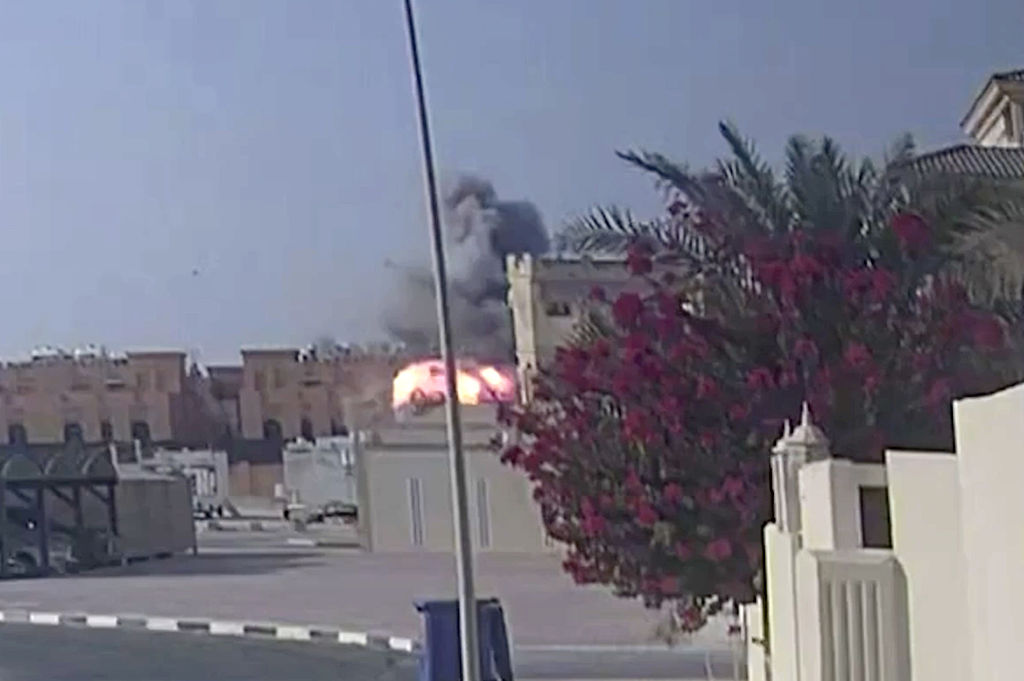
Security footage captures an Israeli strike on Hamas leaders in Doha, Qatar, on September 9, 2025 (Getty)
Israel’s audacious strike against the leaders of the Hamas terrorist organization in Qatar exemplifies the Jewish state’s new security doctrine – one of boldness and risk-readiness. The Hamas massacre on October 7, 2023, was a watershed moment that reset security calculations in Israel in a significant way. The results are Iran’s proxy network defanged, and a Tehran shaken after its own 12-Day War with Israel. Many observers believe that Israel’s strikes in Qatar risk unraveling the Abraham Accords and undermining U.S. interests. But as past episodes have demonstrated, there is likely to be immediate outrage…














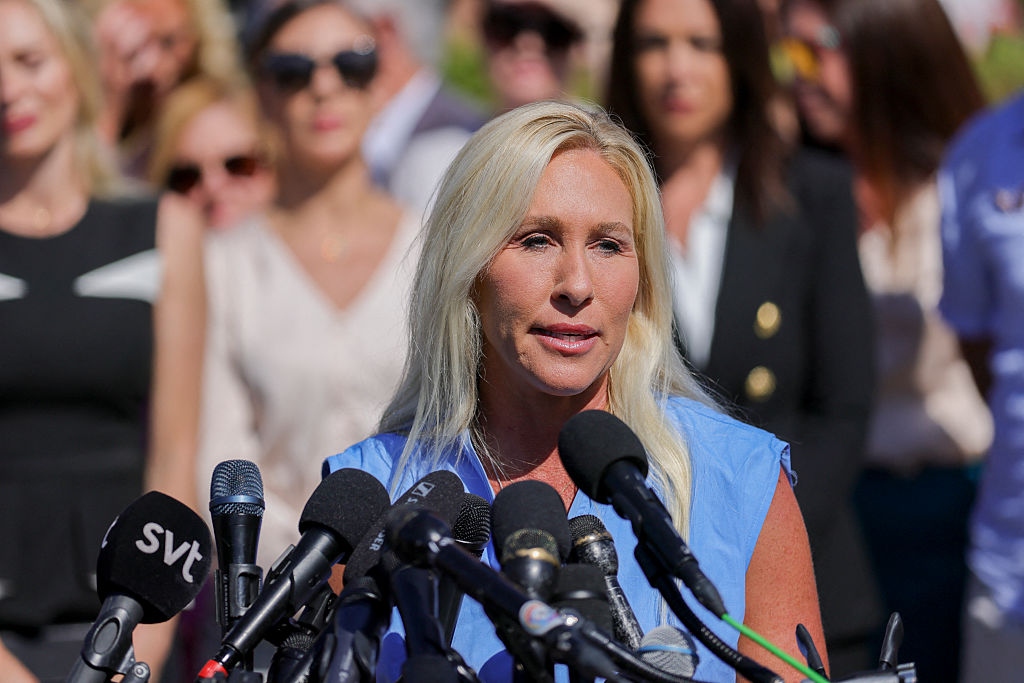
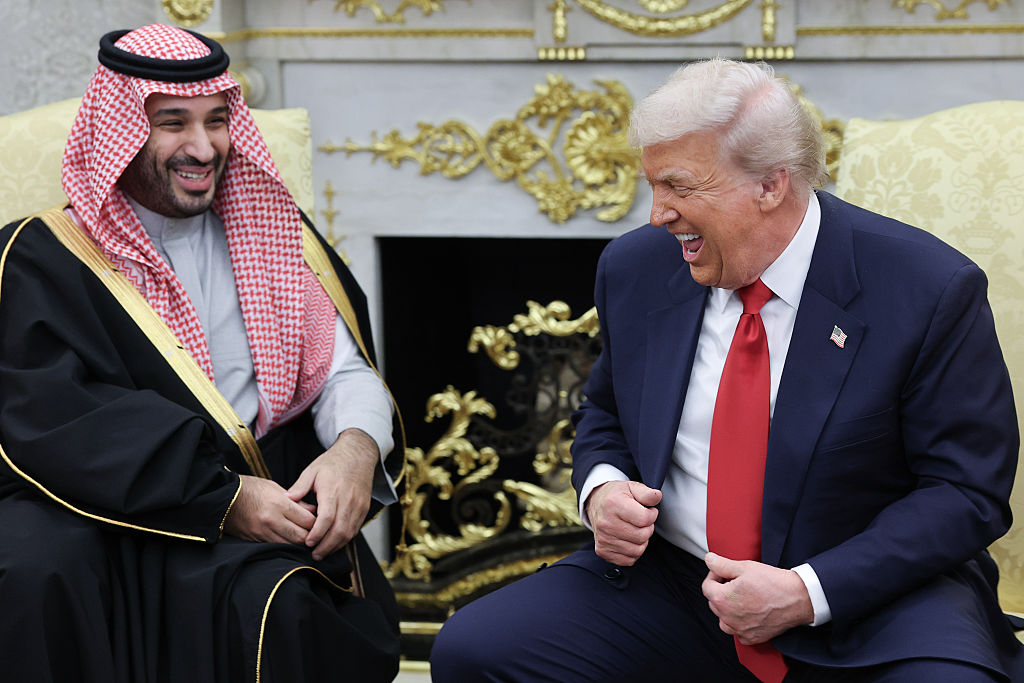
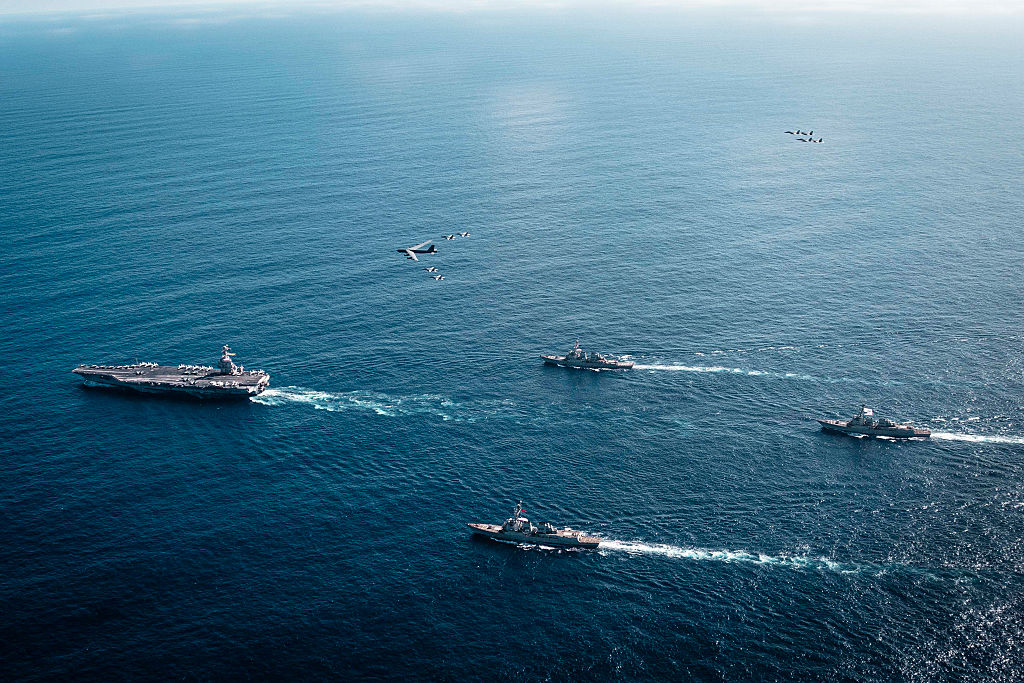
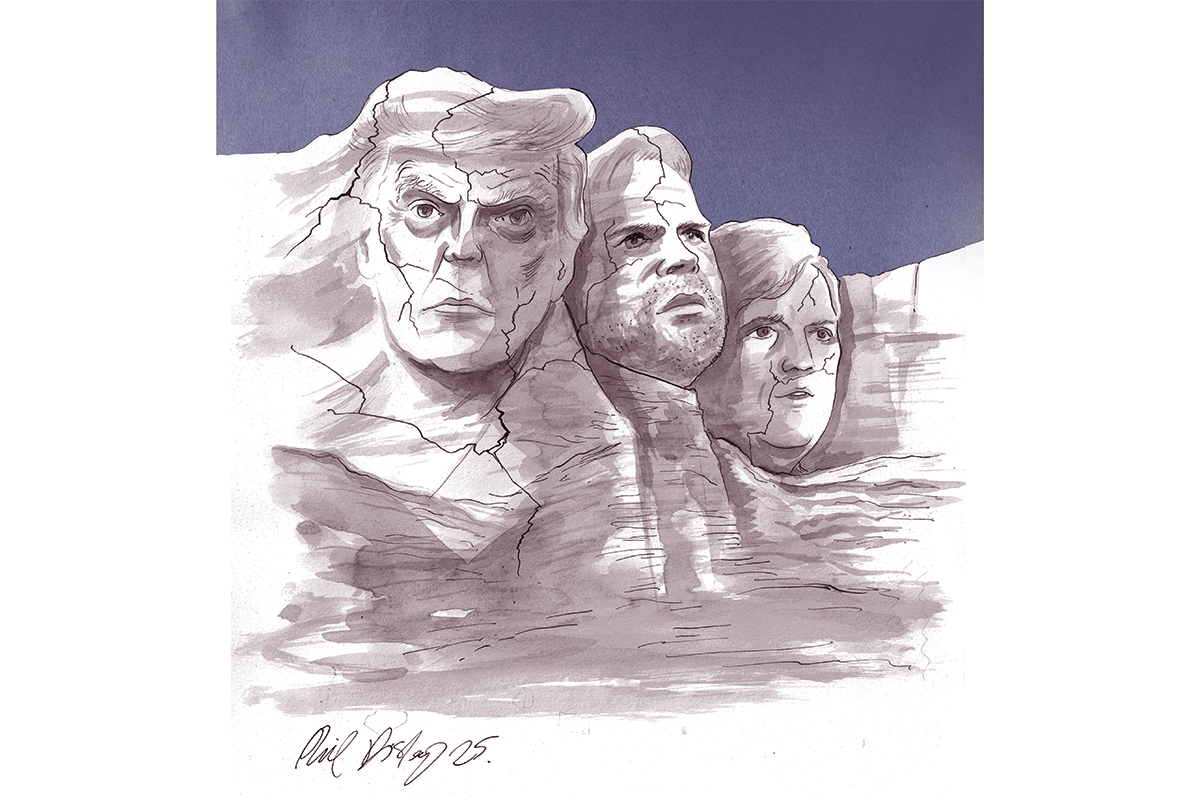







Leave a Reply